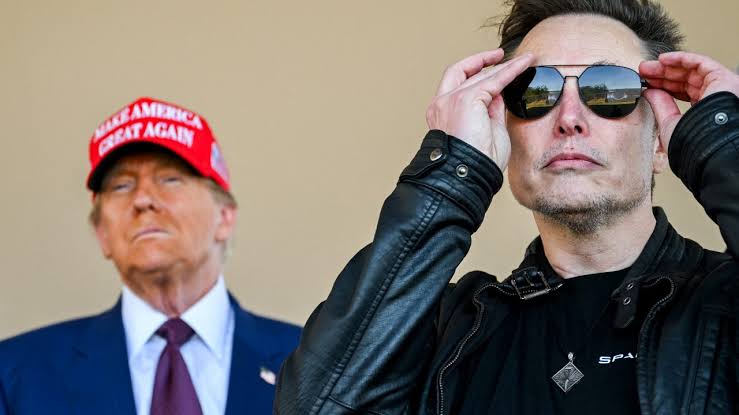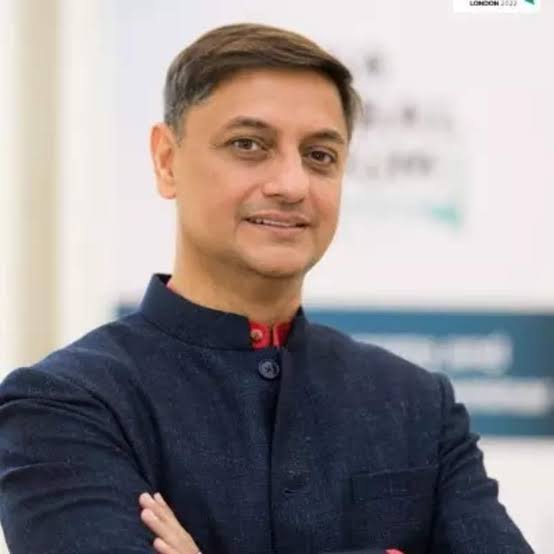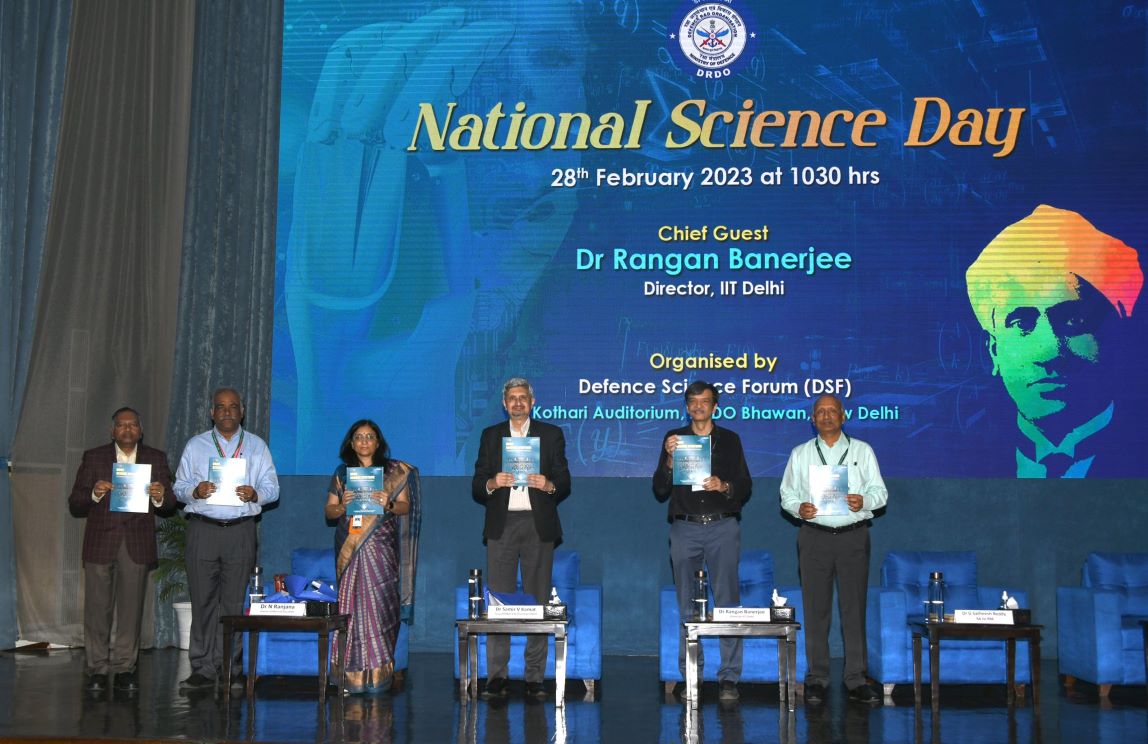Sanjeev Sanyal, a member of the Prime Minister’s Economic Advisory Council, has raised concerns over a report suggesting that a U.S. agency provided $21 million in funding to influence voter turnout in India. Expressing skepticism, Sanyal questioned the legitimacy of such claims and called for greater transparency regarding foreign involvement in India’s democratic processes.
 The controversy arose from an assertion that the U.S. Agency for International Development (USAID) had allocated funds to initiatives aimed at increasing voter participation in India. While foreign support for democratic engagement is not uncommon globally, Sanyal and others have pointed out that India, as the world’s largest democracy, has a robust electoral system with high voter turnout rates.
The controversy arose from an assertion that the U.S. Agency for International Development (USAID) had allocated funds to initiatives aimed at increasing voter participation in India. While foreign support for democratic engagement is not uncommon globally, Sanyal and others have pointed out that India, as the world’s largest democracy, has a robust electoral system with high voter turnout rates.
Many have viewed Sanyal’s remarks as a necessary call for scrutiny, emphasizing India’s ability to manage its democratic processes without external intervention. His concerns reflect a broader sentiment that India’s electoral integrity should remain independent of foreign influence, regardless of intentions.
The Election Commission of India has yet to comment on the matter. Meanwhile, political analysts have noted that foreign funding in electoral contexts, even for voter awareness programs, can be a sensitive issue. Given India’s history of conducting large-scale elections efficiently, some question whether such funding is needed at all.
Sanyal’s remarks have sparked discussions on social media, with many users supporting his call for greater accountability in foreign-funded programs. Others, however, argue that international collaborations on democratic participation are routine and should not necessarily be viewed with suspicion.
The broader question remains: How should India engage with foreign entities in matters of democracy while ensuring complete sovereignty over its electoral processes? As the debate unfolds, calls for transparency and accountability continue to grow




